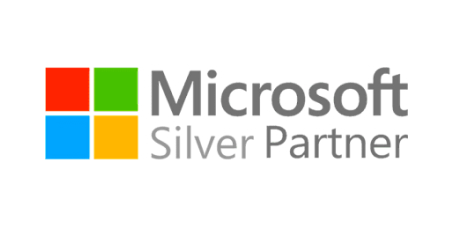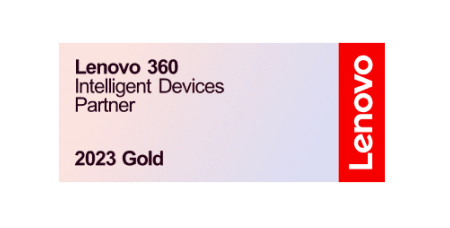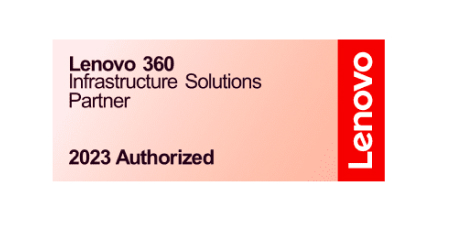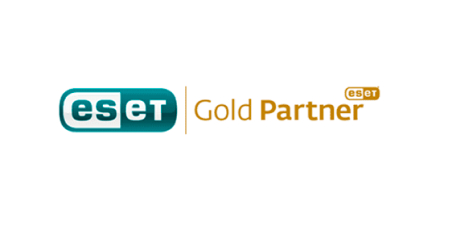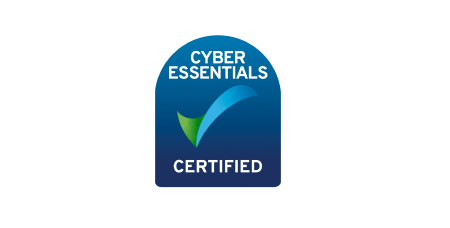Making IT Amazing
Why do we have the paradox that instead of improving agility and cohesion, ‘enabling’ more flexible working patterns, the opposite can be the case with IT investment?
Instead of better information flow, for example, access to relevant data is more complex, while any expected reduction in the operational costs of the business fail to materialise.
The implications are increased vulnerability, as well as an impact on effectiveness, an increased difficulty in remaining competitive and being on the same wavelength as their customers. For a report being researched and written by DECISION magazine for HB Tech, companies consider what they need to address if IT is to deliver key objectives.
This is one of the papers to be published in the report.

Gary Hill
Managing Director
Hearing Direct
“Our whole business is intrinsically based on IT – without the internet we couldn’t have disrupted the market and we wouldn’t be here.” Gary Hill isn’t exaggerating. But the co-founder of Hearing Direct is understating the ability to ‘read’ technology and see how its application can create an opportunity in what might be considered a conservative sector.
Hill and Stuart Canterbury worked for a hearing aid manufacturer – the former as marketing director, the latter as MD, and both reached the point when corporate life had become too stifling.
They knew that while a product might cost $40 to leave the factory, after going through a distributor to the retailer, that price could be as much as $1100 for the end-customer. “The manufacturers weren’t terribly concerned because they tended to own the distribution channel, so there was no value to the customer with that arrangement; quite the opposite,” Hill explains. “But we could see how the internet would enable us to remove the middlemen.”
That notion was strengthened in 2017 when the US Food and Drug Administration implemented the Hearing Aid Retail Act to deregulate who could sell the products, on the premise that it was still an undeveloped market because there was no motivation within the supply chain to reduce prices to increase up-take.
Meanwhile, in the UK, hearing aids on the NHS were of the lump behind the ear variety, and could take twelve weeks to be fitted. Anything else had to be paid for.
Thinking that business trends on the other side of the Atlantic eventually reach these shores, Hill and Canterbury came up with the concept of internet-based Hearing Direct, and initially pitched it to their employers, whose advisers, after nine months of deliberation, said they should take up the idea. They didn’t.
To set up on their own, two entrepreneurs were savvy enough to procure product from secondary manufacturers which couldn’t access the mainstream channels in the UK which were controlled by the tier one producers.
Despite receiving a cease and desist letter from the Hearing Aid Council, their company launched with four hearing aids. “It took us three days to make our first sale – it came in at 1030 on a Friday night from Pontefract,” says Hill. It turned out to be their first return as well.
Today the company has five web sites, sells on Amazon, and in five countries. They sell twenty-five hearing aids a day, but customers make a total 700 purchases in that time from 900 skus (stock keeping units). Last year 10million hearing aid batteries were sold.
There’s also on-line competition now, but Hill was expecting that as technology reduced the barriers to entry. “Ten years ago when we started, the process of setting up an on-line business was much more complex – first, there was registration of a domain name with one company, then you had to go to another which would do the hosting, and another who would be the e-commerce provider,” he recalls. “They all had to be synchronised, and just setting up an internet presence could take a week, all going well, which it rarely did.
“Today we can register a domain, build a new website with an e-commerce platform, and have it up all in an afternoon. It’s unbelievable to think that a start-up business which can be up and trading globally in an instant, and it fascinates me that someone could think of a business idea in the morning, and have it up and running by the end of the day thanks to IT.”
And embracing cloud hosting has enabled the company to have a head of audiology working from South Africa where she has lived for the last eight years, and for two of the customer service reps to work from home.
The original plan for Hearing Direct was to have everything up on ERP, but initially their e-commerce platform was reluctant to integrate. Today, everything is seamlessly generated and processed by a single system, from order intake, printing out the pick ticket, the customer receipt, through to the shipping document. “It is essential if e-commerce is to work effectively that it that can cope with the fragmentation of international trade, the different rates of tax and duties,” says Hill.
“Amazon has created the expectation of immediacy, but IT should enable an SME to nail it as well,” he continues. “I can see a time when when you order, for example, a T-shirt in a particular shade, but the vendor has no stock whatsoever; the garment is made on a 3D printer in the truck which is delivering it to the customer.
Whether that is going to happen or not isn’t the point. Hill is demonstrating the need for an on-line retailer to focus not just on product but the future of manufacturing, selling, and distributing the product, not just the digital shopfront.
Technology means that the customer can take an on-line hearing test (it takes three minutes), and then if a hearing aid is purchased, it can be adjusted on their smartphone. “There will always be consumers who will want a consultation in person,” says Hill, “but that won’t be the majority in time as the new generation of sixty year-olds will be technophilic rather than technophobic.”
And despite opticians adding audiology to their repertoire, there’s still a uniqueness to the Hearing Direct model. “Retailers really want to sell hearing aids not accessories, and we’ve been building a business on other companies’ ignored and neglected customers,” explains Hill. “If they buy their batteries from us and get good service, then when it comes to a new hearing aid, it’s more than possible they are going to get in touch with us about it. And knowing what batteries they are buying means we know what hearing aid they currently have and we can make them aware of particular offers.”
In this respect – and Hill is talking about data – IT has blurred the boundaries when it comes to the definition of a company. Would Hearing Direct be described as being a sector-specific provider of product, an IT-based distribution business, or as being in both categories?
“Technology has given us an epiphany,” says Hill. “We now realise the value of Hearing Direct isn’t just are top and bottom line, or our brand and IP, but the data which other internet and certainly bricks and mortar retailers aren’t able to gather so readily, which is why the latter have loyalty cards in an attempt to build the same kind of picture that we are able to.
“The developing world is interesting because it isn’t going to be about disruptors but how to add value and convenience for a customer, and for that to happen, because it is dependent on IT, which drives our entire functionality, we have to be one step ahead. And the safety nets have been disappearing. Hill provides a salient example. “If a company is hacked and can’t ship for a week, it is now impossible to revert to ‘pen and paper’ methods while everything is sorted out,” he point out, “if only because it is likely their suppliers and shippers will have systems which won’t be able to take ‘manual’ instructions.”
Researched and published by
DECISION magazine
www.decisionmagazine.co.uk


